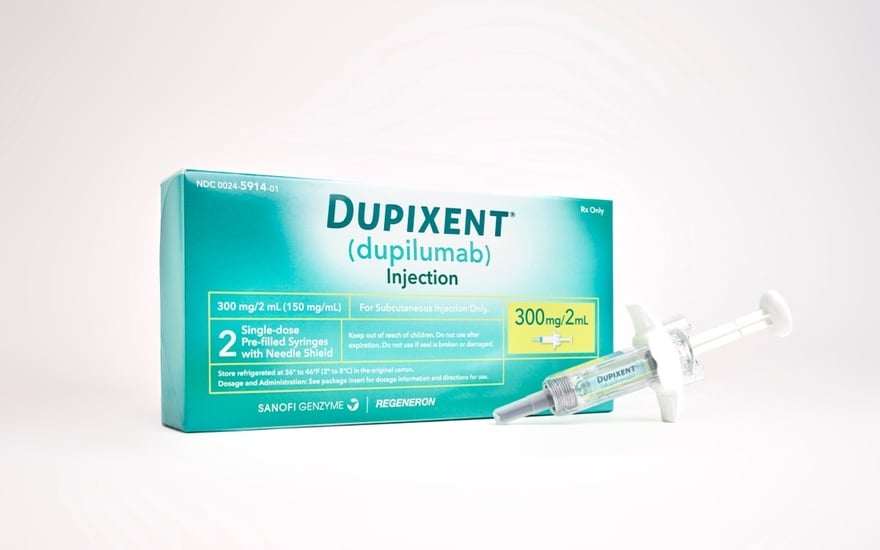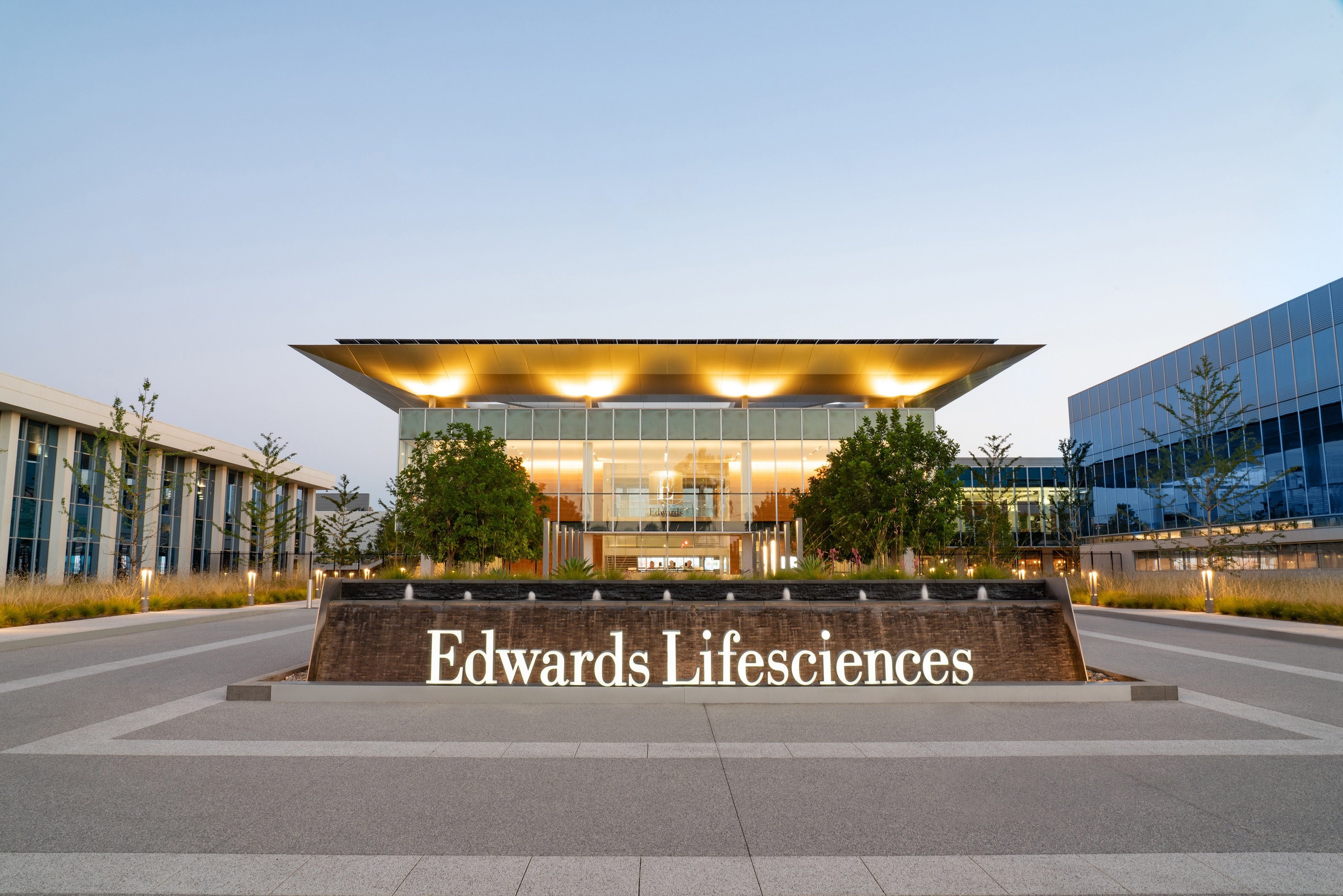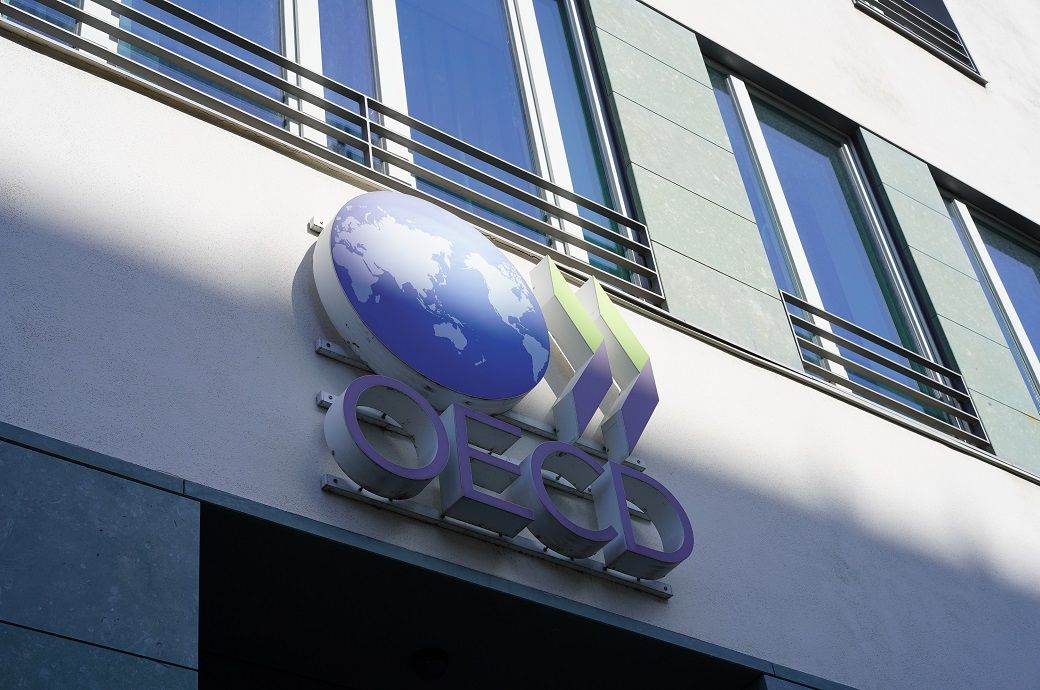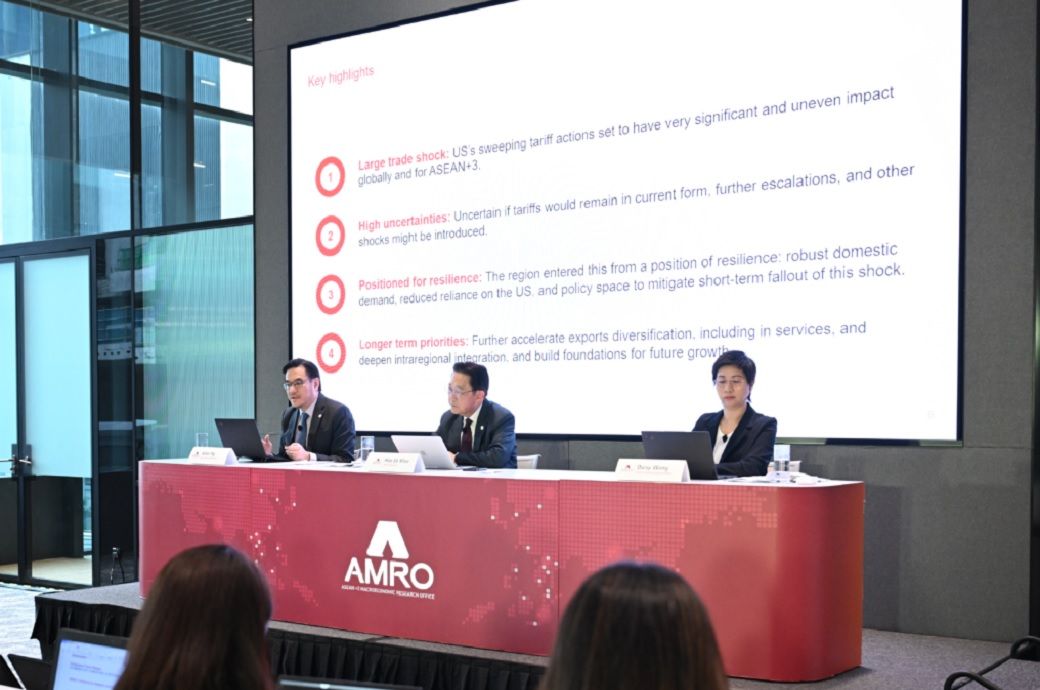Hypoxia‐Activated Liposomes Enable Synergistic Photodynamic Therapy for Oral Cancer
Advanced Healthcare Materials, EarlyView.

A complementary tumor-killing system is developed to overcome PDT-induced oxygen depletion by introducing hypoxia-activated chemotherapy drugs into tumor-targeting liposomes. Laser irradiation initiated the discharge of chemotherapeutic drugs (TPZ) from TPZ/TPP@RBC-FA liposome by increased reactive oxygen species (ROS), which is composed by oxygen during PDT process, causing the aggravated intratumoral hypoxia and the further generation of the toxic TPZ radicals.
Abstract
Oral cancer is a significant public health problem, which is one of the most common malignancy with high mortality in the world. Apart from surgery, photodynamic therapy (PDT) is perceived as another capable method for the treatment of oral cancer. However, limited oxygen content of tumor microenvironment decreased the efficiency of current PDT. Hence, a complementary tumor-killing system is developed to overcome PDT-induced oxygen depletion by introducing hypoxia-activated chemotherapy drugs into tumor-targeting liposomes. First, liposomes derived from red blood cell (RBC) membrane are decorated with tumor-targeting formic acid (FA) and designed to carrying photosensitizer TPP and the hypoxia-activated drug TPZ (TPZ/TPP@RBC-FA). Laser irradiation on tumor initiated the discharge of chemotherapeutic drugs (TPZ) from TPZ/TPP@RBC-FA liposomes by increasing the reactive oxygen species, causing the aggravated intratumoral hypoxia and the further generation of the toxic TPZ radicals. The combination of hypoxia-activated chemotherapy and photodynamic therapy will not only induced efficient cell apoptosis but also caused immunogenic cell death and immunocyte activation. The strategy of loading drugs into liposomes also demonstrated acceptable biosafety. It is believed that the strategy of combining of photodynamic therapy and hypoxia-activated chemotherapy with liposomes can be implemented for the oral cancer treatment in the near future.







































































































































































